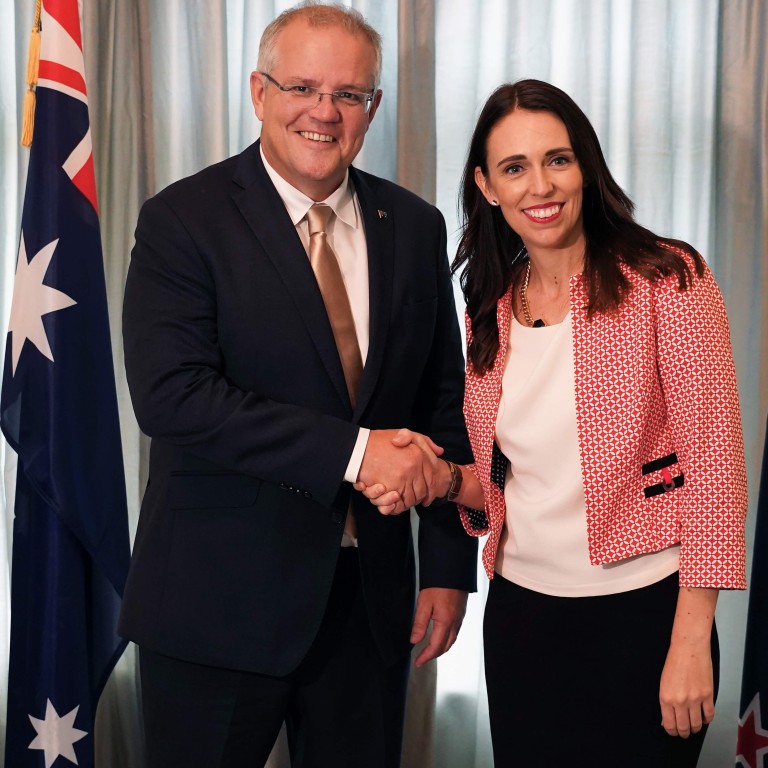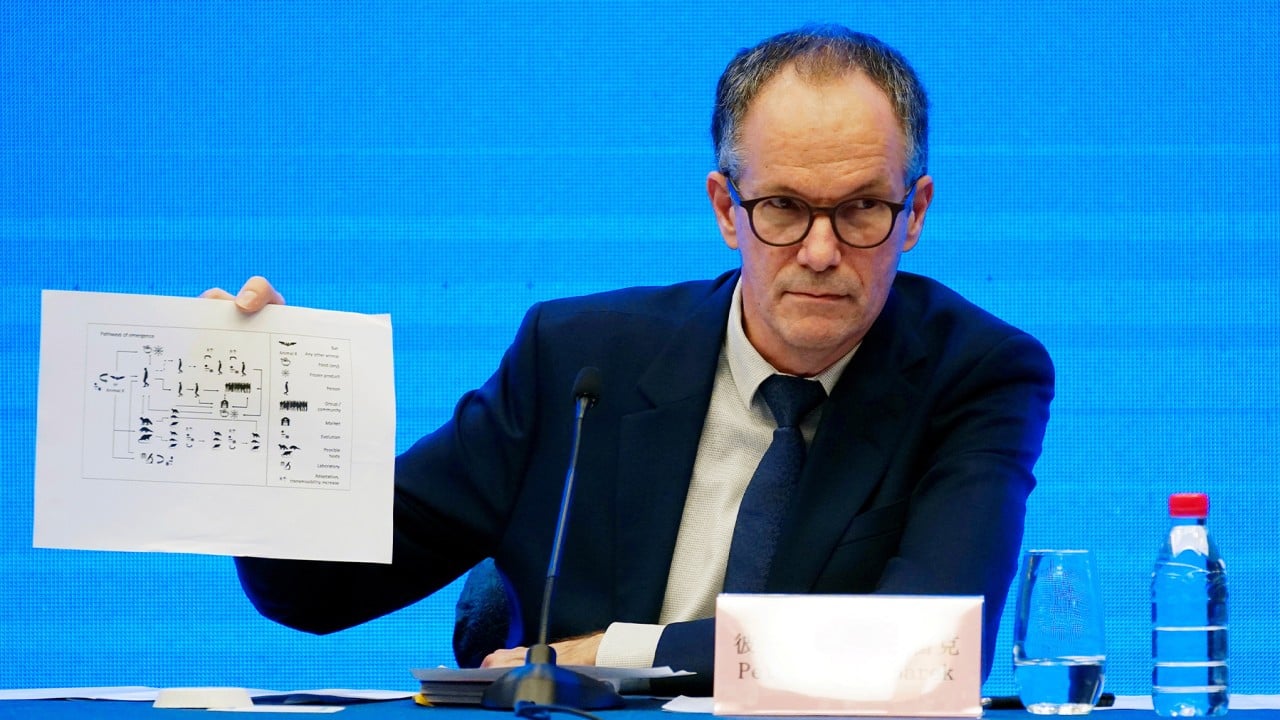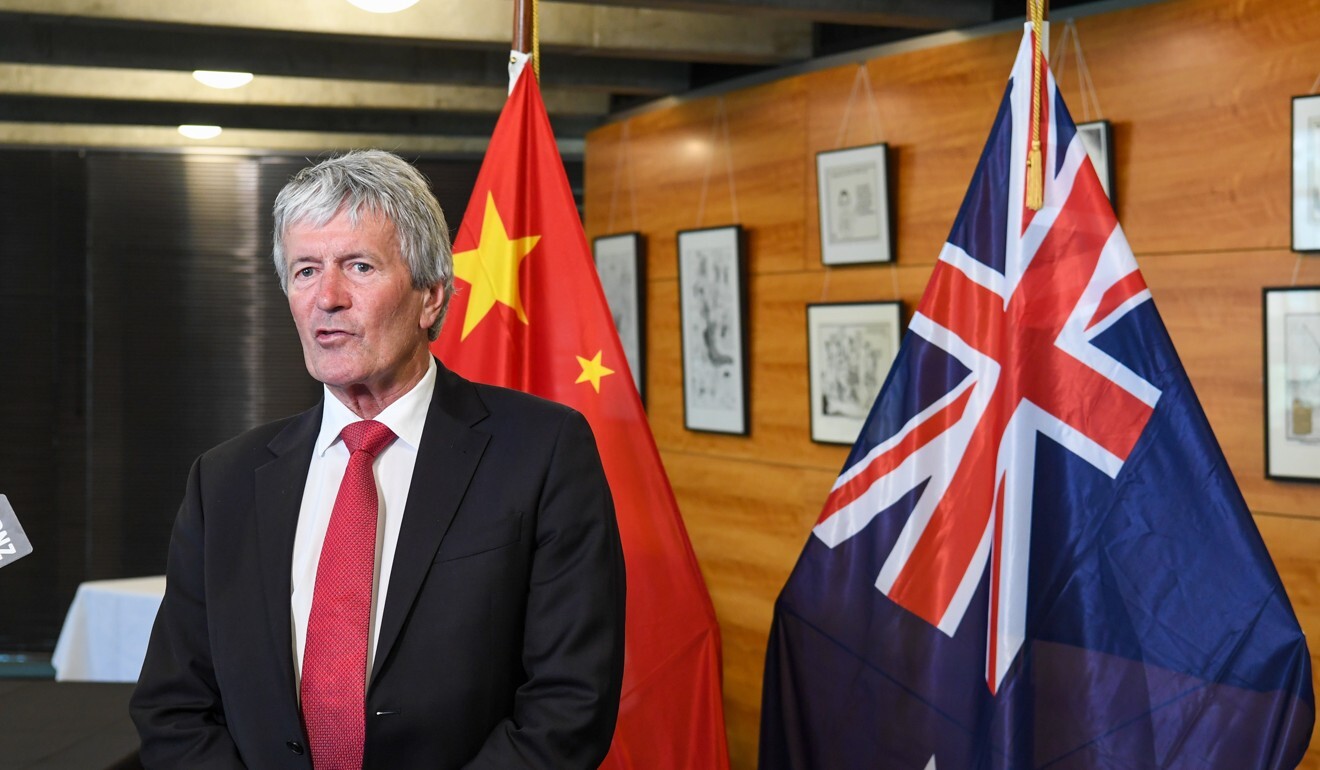
Australia and New Zealand’s ‘mateship’ tested over terror suspect, China ties
- Ardern’s spat with Morrison has exposed cracks in the trans-Tasman relationship, including over a dual national Isis suspect and each other’s ties to China
- Experts say the fault lines reveal the traditionally close relationship cannot be taken for granted amid ‘challenges to the international order’
It was the kind of broadside that might be expected between bitter adversaries, not close friends and allies.
“If the shoe were on the other foot, we would take responsibility,” she said in frank remarks aimed at her Australian counterpart Scott Morrison on Tuesday. “That would be the right thing to do and I ask Australia to do the same.”
Is China using its clash with Australia as a warning to the world?
While Australia-New Zealand relations have long been likened to a sibling rivalry, Ardern’s unusually blunt comments have cast a light on deeper fissures that have emerged in recent years between the neighbours, who are closely entwined by culture, history and trade, as well as membership of the “Five Eyes” intelligence alliance that also includes the United States, Britain and Canada.
Since legal changes in 2014, Australia has deported about 3,000 New Zealanders on “character grounds” – typically, though not always, a criminal conviction – including many who have spent most of their lives in the country. More than 560,000 Kiwis live in Australia under a reciprocal arrangement that grants citizens of each country free movement and work rights.
During a tense joint press conference last year, Ardern accused Morrison of testing the friendship between the countries with his deportation policy, which has targeted even Kiwis who migrated as children and those with no remaining ties or networks in New Zealand. In 2018, New Zealand’s then Justice Minister Andrew Little said Australia “doesn’t look like our best friend, our nearest neighbour” in its handling of the deportation issue.
“Most Australians would be quite ignorant of the fact that New Zealand is actually quite unhappy with Australia’s migration treatment of New Zealand citizens because Australia gets extremely limited news about New Zealand in the Australian news landscape,” said Peter Chen, a senior lecturer at the University of Sydney.

01:56
WHO ends Covid-19 mission in Wuhan, says lab leak ‘extremely unlikely’
Chen said Ardern appeared to be using her unusually prominent international profile to pressure Australia on an issue that had been raised by successive New Zealand leaders to no avail.
“I think the New Zealand government is quite aware of its heightened position in global affairs in terms of its capacity to speak and be heard internationally,” he said.
Robert Ayson, a professor of strategic studies at Victoria University of Wellington, said the ambivalence sometimes went both ways.
“Sometimes New Zealanders do think that Australia throws its weight around, but I think that the New Zealand government is often quite relieved when Australia is willing to do some of the heavier lifting on foreign policy and that can create some grievances on the other side of the Tasman when Australian policymakers think that New Zealand is taking a free ride on Australian power,” Ayson said.
Divisions have also emerged around China, both countries’ biggest trading partner.
New Zealand, Australia in rare row over Islamic State militant
Although Wellington has echoed Western expressions of concern on issues such as conditions in Hong Kong and Xinjiang, it has also at times kept its distance from its intelligence partners, especially the United States, declining to sign onto joint statements about China in favour of its own statements.

Anna Powles, a senior lecturer at the Centre for Defence and Security Studies at Massey University, said recent events showed relations between the countries could not be taken for granted.
“The rhetoric of an alliance built on enduring ties and ‘mateship’ is certainly being tested over the past few weeks and there have long been growing concerns in New Zealand that there are significant areas of divergence between Canberra and Wellington, such as climate change and approaches to geostrategic competition,” Powles said. “Since its formation the alliance has never been truly tested.”
However, Powles played down the possibility of tensions seriously impacting their security relations or regional cooperation given the “robust institutional and agency relationships between the two countries” and shared concerns about “challenges to the international rules-based order”.
“New Zealand, as the junior partner in the alliance, has to work hard to remain relevant to Australia. This doesn’t mean acting in lockstep with Australia,” she said.
Chinese-Australian’s defamation victory inflames Beijing influence debate
Ayson said Canberra and Wellington did not “expect each other to take identical approaches, but it is clear from Morrison’s recent comments that he would like New Zealand to join Australia in raising concerns about China a bit more often”.
Ayson said although Beijing could be keen to exploit divisions between the countries, he believed Canberra and Wellington could “generally work out how to get along when they have differences in their policies towards an issue or country that is external to their own relationship”.
“I think that includes several of the regional security issues that arise from the competition between China and the United States,” he said.

